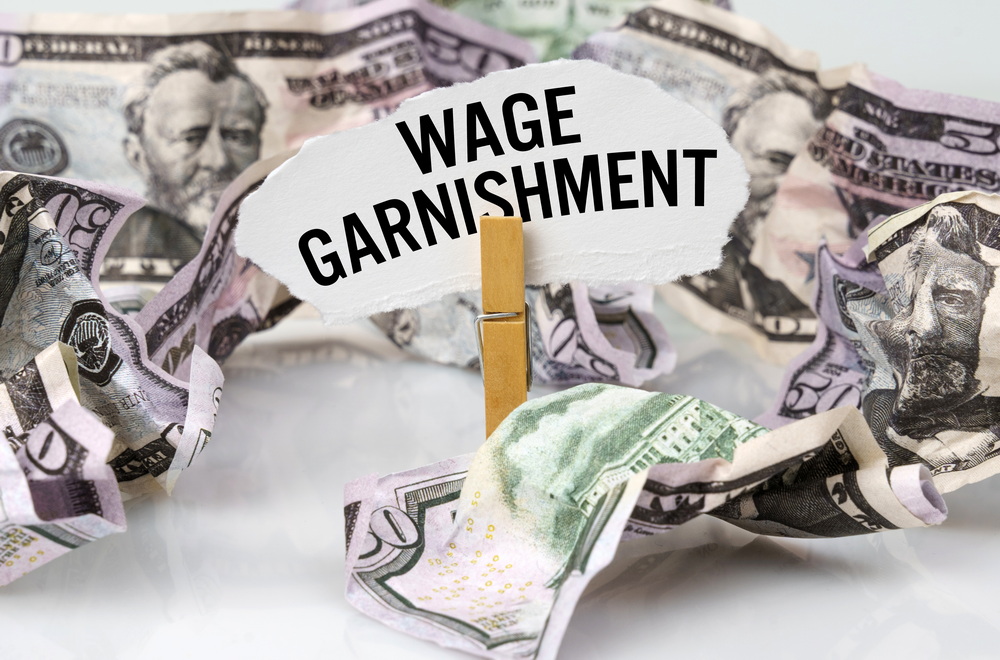
Wage garnishment is a tool that creditors can use to collect on debts. It can be used by divorce lawyers going after deadbeats who don’t pay child support or alimony. It can be used by companies trying to recoup unpaid invoices. The reality is that wage garnishment can be utilized for a lot of different purposes. But it is not always the best tool in the toolbox.
Judgment Collectors is a Salt Lake City judgment collection firm active in Utah, California, Texas, and three other states. They say that wage garnishment is something they look at when a case warrants it. But they also say that creditors need to understand why wage garnishment may not be appropriate in every case.
-
Not Allowed in Every State
Wage garnishment is definitely not appropriate in states that do not allow it. As things currently stand, there are four states where wage garnishment cannot be utilized to settle consumer debts: Texas, Pennsylvania, South Carolina, and North Carolina.
Eight states allow wage garnishment in cases involving federal statutes, but with exceptions. Six states have suspended wage garnishment during the ongoing COVID crisis. The point here is that not all states allow wage garnishment without restriction.
-
Garnished Amounts May Be Small
Next up, no state allows a creditor to garnish 100% of a debtor’s income. Wage garnishment is limited to a percentage of the person’s disposable income, which is to say that income not necessary to pay essential bills. For example, imagine a creditor with weekly take home pay of $600. If the court determines that just 25% can be considered disposable income, a creditor could only garnish a certain percentage of that amount, or $125.
Now let us say that the law allows the creditor to garnish 50% of the debtor’s disposable income. That means the creditor will receive $62.50 per week. That may be acceptable on a debt of a few hundred dollars. But if the creditor is looking at tens of thousands of dollars, such a small weekly amount may not be acceptable. It would take too long to pay off the debt with wage garnishment alone.
-
Garnishing Bank Accounts
Judgment Collectors says that some states allow garnishment of both wages and bank accounts. In such cases, a debtor’s bank account may be far more attractive than their weekly wages. Bank account garnishment gives the creditor access to a larger amount of money more quickly.
-
Going After Property
Wage garnishment might not be the best option if a debtor has real property the creditor can go after. Big-ticket items like real estate, collectibles, and expensive cars, boats, and planes are all up for grabs. Creditors typically have two options with real property:
- Filing Liens – Filing a lien prevents a debtor from selling the property in question without satisfying their debt. Sales proceeds would go toward the debt first. If anything is left over, it is forwarded to the debtor.
- Asset Seizure – Although asset seizure tends to be a measure of
